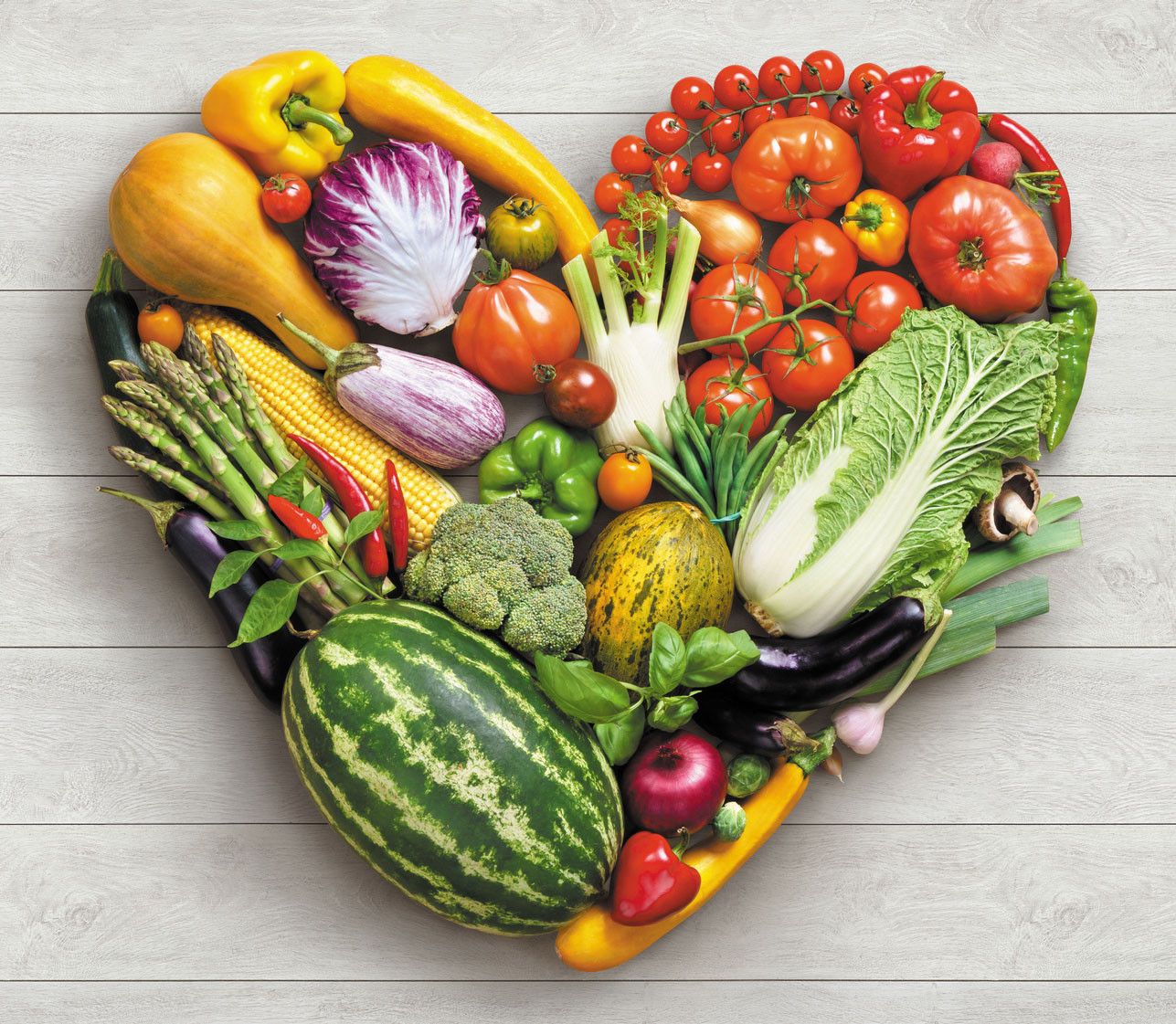Before we dive into the practical tips for transitioning to a plant-based diet, let’s first understand why it’s worth making the switch. A plant-based diet is rich in nutrients, antioxidants, and fiber, which can help reduce the risk of chronic diseases such as heart disease, diabetes, and certain cancers. Additionally, plant-based diets are more sustainable and environmentally friendly than animal-based diets.
Set Your Intentions
Before making any changes to your diet, it’s important to set your intentions and goals for transitioning to a plant-based diet. Whether it’s improving your health, reducing your carbon footprint, or aligning with your values, having a clear intention will guide you through the process.
Start Slow
Transitioning to a plant-based diet doesn’t have to happen overnight. Start by incorporating more plant-based meals into your weekly routine and gradually decrease your intake of animal products. This gradual approach will make the transition more sustainable and easier to maintain in the long run.
Experiment with New Foods
One of the best parts of transitioning to a plant-based diet is getting to explore new foods and flavors. Experiment with different fruits, vegetables, grains, legumes, and plant-based protein sources to find what you enjoy the most. Don’t be afraid to try new recipes and get creative in the kitchen!
Plan Ahead
Meal planning is key to successfully transitioning to a plant-based diet. Take some time each week to plan your meals and make a grocery list to ensure you have all the ingredients you need on hand. Having a plan in place will help you stay on track and avoid the temptation of reaching for convenience foods.
Find Support
Transitioning to a plant-based diet can be challenging, especially if you’re surrounded by friends and family who don’t follow the same eating pattern. Find support from like-minded individuals, whether it’s through online communities, cooking classes, or local meetups. Having a support system can provide encouragement and motivation to stick to your plant-based goals.
Focus on Whole Foods
While there are plenty of plant-based convenience foods on the market, it’s important to focus on whole, minimally processed foods for optimal health. Load up on fruits, vegetables, whole grains, legumes, nuts, and seeds to ensure you’re getting a wide variety of nutrients in your diet.
Listen to Your Body
As you transition to a plant-based diet, pay attention to how your body responds to different foods. Notice how you feel after meals and adjust your diet accordingly. If you’re feeling sluggish or fatigued, you may need to tweak your diet to ensure you’re getting all the nutrients your body needs.
Celebrate Your Successes
Transitioning to a plant-based diet is a journey, not a destination. Celebrate your successes along the way, whether it’s trying a new recipe, reaching a new health milestone, or sticking to your plant-based goals for a certain period of time. Recognizing and celebrating your achievements will help you stay motivated and committed to your plant-based lifestyle.
Conclusion
Transitioning to a plant-based diet is a personal journey that requires time, patience, and dedication. By setting clear intentions, starting slow, experimenting with new foods, planning ahead, finding support, focusing on whole foods, listening to your body, and celebrating your successes, you can successfully transition to a plant-based diet and reap the countless health and environmental benefits it offers.
Keep in mind that this is only an example, real article might need additional sections, information, and images.
